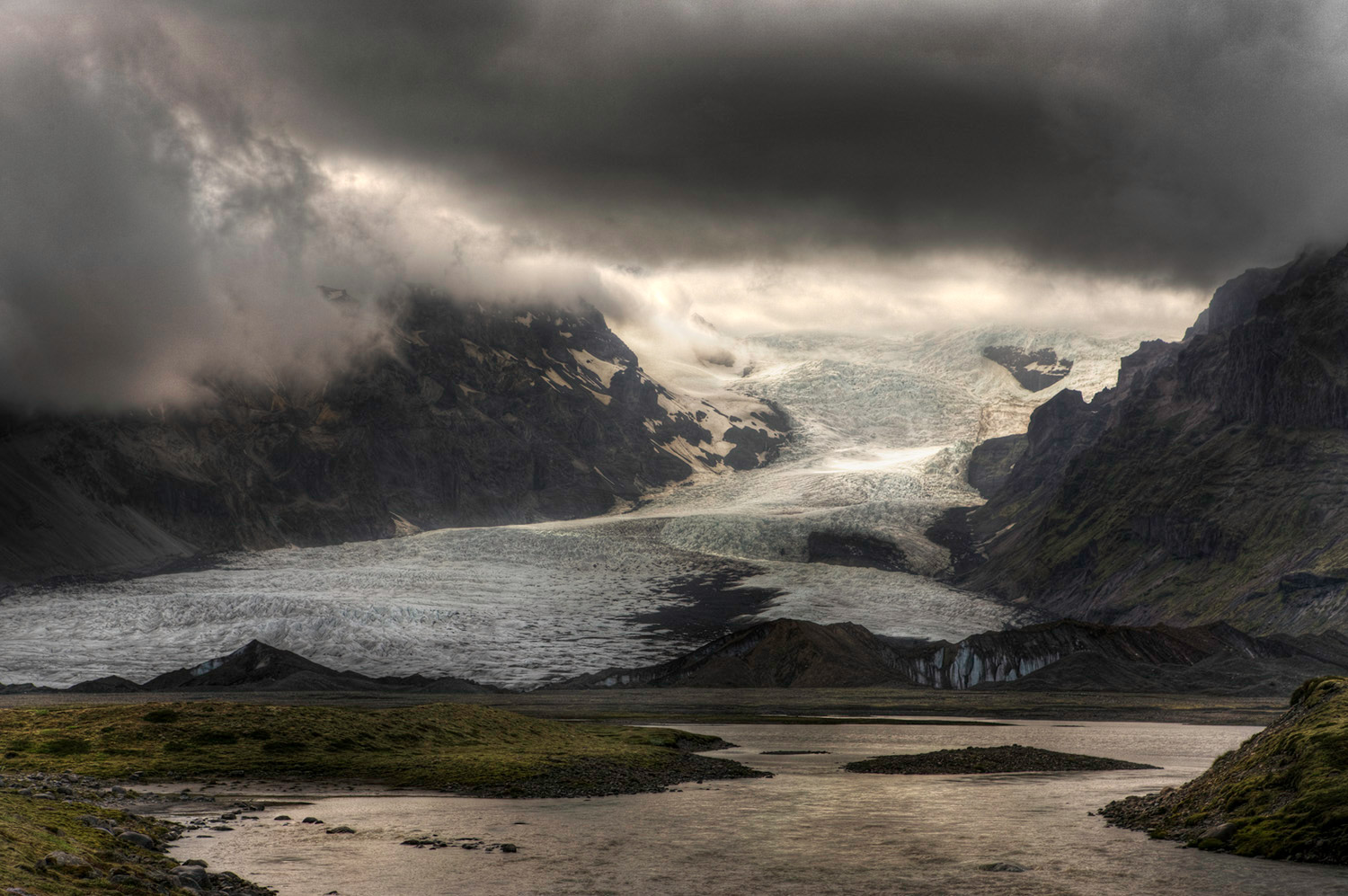Media Coverage
02 December 2024
Nathan Myhrvold: Tech’s Renaissance Man
Kara and Nathan talk about everything from AI, politics, nuclear power, and global warming to “splash shots” — photographs of colliding wine glasses.
13 December 2021
Geminid Meteor Shower: How to Watch It Peak in Night Skies
A picture by Nathan Myhrvold from the meteor shower in 2020 highlights how brilliant this winter sky show can be.
05 August 2021
Idea, invention, innovation, and failure. Life lessons from the master of all, Nathan Myhrvold
Polymath. Multitalented. It’s hard to capture our next guest’s triumphant accolades in one word. Nathan Myhrvold really is a master of all. This jam-packed episode explores a multitude of layers. Nathan claims that his success comes from not specializing in one thing (despite that this is what the modern world rewards). “Failure is always an option,” and we have to be better at bouncing back from it and looking towards the next opportunity.
01 February 2021
Nathan Myhrvold on NASA’s lies, Theories of Everything, working with Hawking, and COVID lockdowns
In this 2-1/2 hour-long interview, Nathan discusses Stephen Hawking and the quest to unify general relativity with quantum mechanics, string and supersymmetry theories, and the unreasonable effectiveness of mathematics in physics. Plus what's happening with COVID-19 evolution, herd immunity, and vaccinations. And lighter topics like: myths about nutrition, whether a fast-changing climate might make geoengineering necessary, and ways to judge the trustworthiness of new science. Also available in video form on YouTube: https://youtu.be/YUXHLTlx9DA
19 December 2018
“Modernist Breadcrumbs” podcast dives into the history, science, and art of bread making
All 16 episodes, which aired from Oct. 4 2017 to Dec. 19, 2018, are now available free online.
15 June 2018
Tech titan Nathan Myhrvold revisits NASA asteroid argument in peer-reviewed paper
Nathan Myhrvold is back, and this time he’s got peer review on his side. Two years ago, the Seattle tech pioneer tangled with NASA and the scientists behind an infrared sky survey mission known as NEOWISE, over a data set that cataloged the characteristics of more than 157,000 asteroids. In a lengthy assessment, Myhrvold said the NEOWISE team had made flawed and misleading correlations between the brightness and the size of asteroids.
15 June 2018
Asteroid battle: Tech entrepreneur doubles down on critique of NASA mission
Nathan Myhrvold argues that the scientific approach of the landmark NEOWISE space-rock mission is deeply flawed.
14 June 2018
Asteroids and Adversaries: Challenging What NASA Knows About Space Rocks
Two years ago, NASA dismissed and mocked an amateur’s criticisms of its asteroids database. Now Nathan Myhrvold is back, and his papers have passed peer review.
23 May 2016
A Spat Over the Search for Killer Asteroids
More than 14,000 known asteroids zip through Earth’s neighborhood. They will all miss Earth in the coming decades. But hundreds of thousands more have not yet been discovered, and whether any of those are on course to slam into our planet, no one knows. So finding and tracking all the asteroids that could cross Earth’s path would allow officials to issue warnings and potentially provide time to deflect dangerous ones. The community of scientists contemplating such doomsday possibilities is small and usually cordial — at least until Nathan P. Myhrvold barged in.
23 May 2016
Billionaire technologist accuses NASA asteroid mission of bad statistics
Nathan Myhrvold says that scientists using a prominent NASA space telescope have made fundamental mistakes in their assessment of the size of more than 157,000 asteroids they have observed.

